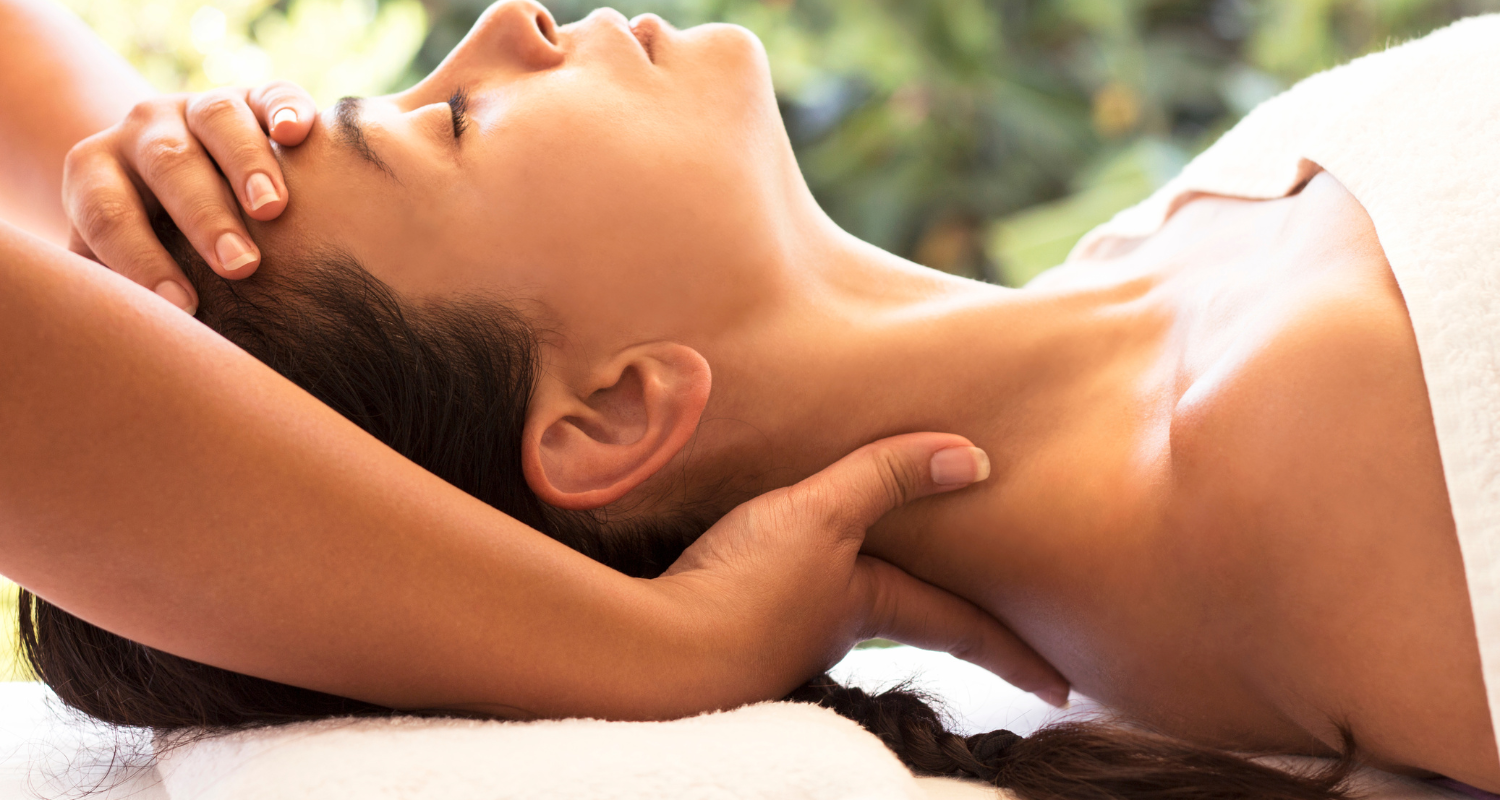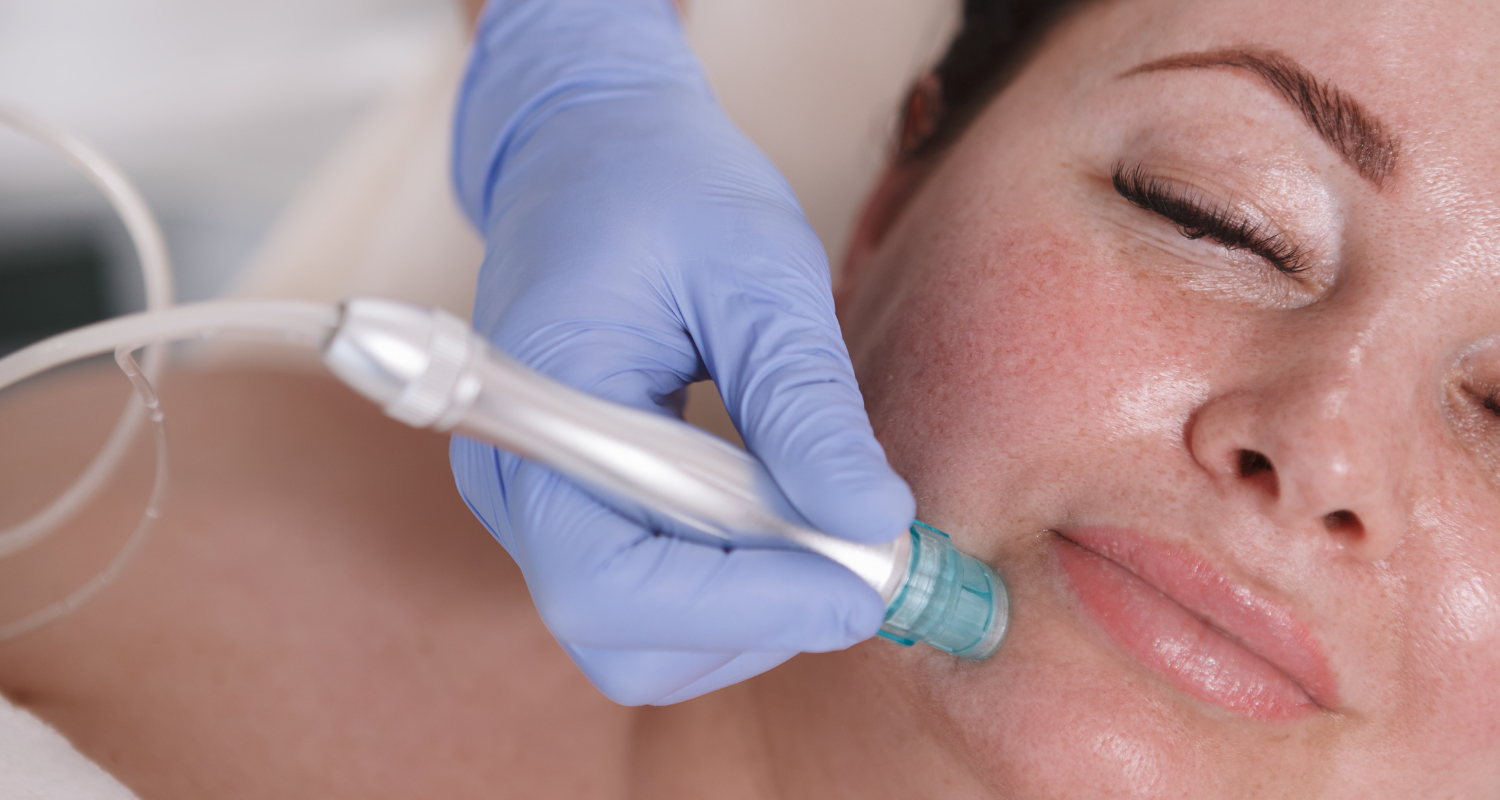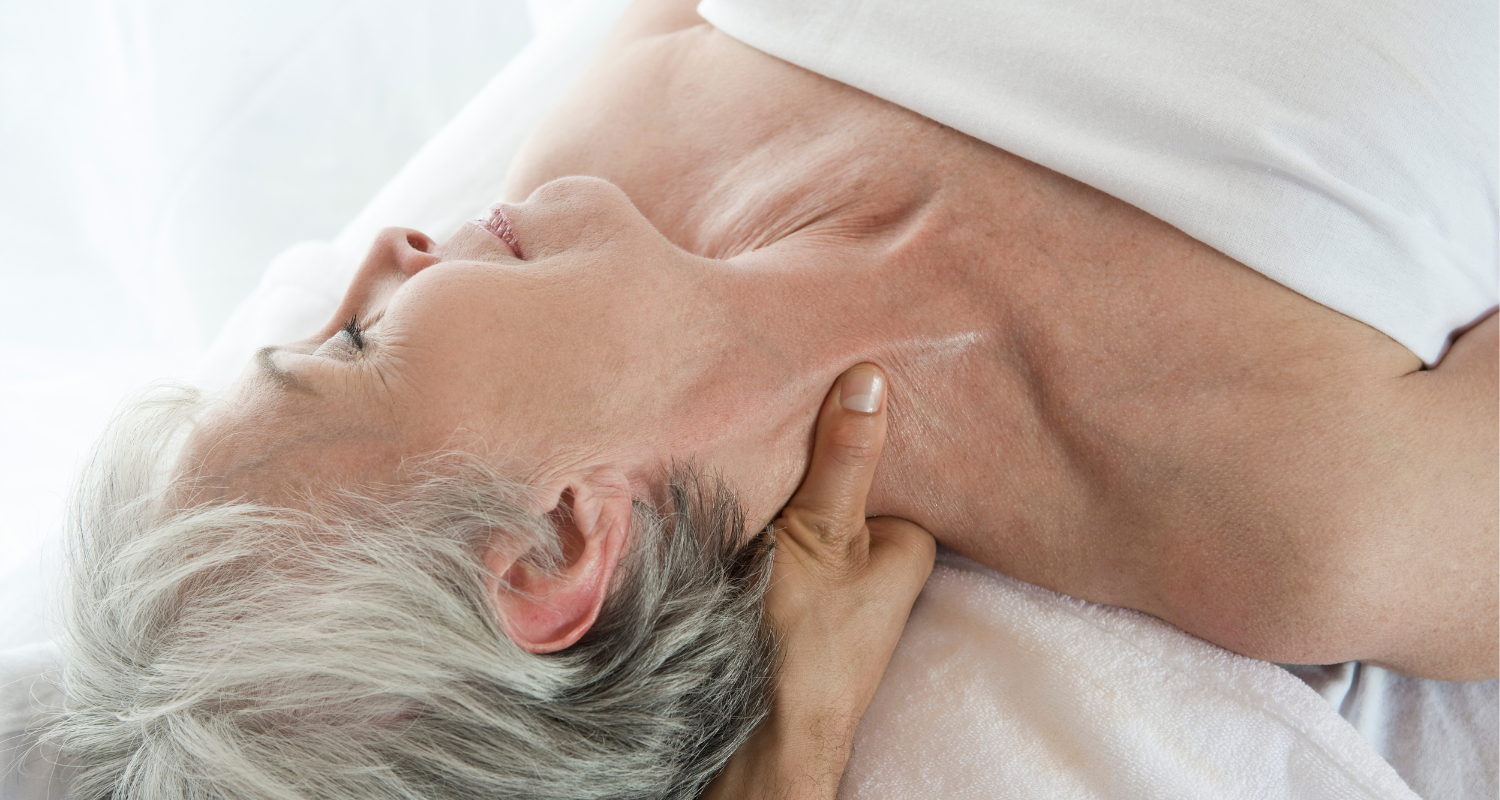The Role of Massage in Improving Sleep Quality
In today’s fast-paced world, a good night’s sleep often feels like a luxury rather than a necessity. Many people struggle with sleep disorders or poor sleep quality, impacting their physical health, mental well-being, and daily productivity. Among the many natural remedies to improve sleep, massage therapy has emerged as a powerful tool to promote relaxation and enhance sleep quality. This blog delves into how massage therapy plays a vital role in improving sleep, exploring the science, benefits, and ways to incorporate it into your routine.
Understanding Sleep and Its Importance
Sleep is an essential biological process, allowing the body to repair and rejuvenate itself. Quality sleep consists of a full cycle of light, deep, and REM (rapid eye movement) sleep stages. When disrupted, it can lead to physical exhaustion, weakened immunity, emotional instability, and cognitive impairments.
Insomnia and other sleep disorders are on the rise due to stress, sedentary lifestyles, and excessive screen time. While medications can offer temporary relief, they often come with side effects. This is where massage therapy shines as a natural, holistic approach to restoring healthy sleep patterns.
How Massage Therapy Affects Sleep
Massage therapy improves sleep quality through several interconnected mechanisms:
- Stress Reduction
Massage reduces cortisol levels, a hormone linked to stress. By alleviating stress and anxiety, massage creates an ideal state for the body and mind to wind down, encouraging deeper sleep. - Serotonin and Melatonin Production
Massage stimulates the release of serotonin, a neurotransmitter that promotes relaxation and mood regulation. Serotonin is a precursor to melatonin, the hormone responsible for regulating sleep-wake cycles. By boosting serotonin levels, massage indirectly enhances melatonin production, helping you fall asleep faster and stay asleep longer. - Pain Relief
Chronic pain is a common cause of disrupted sleep. Massage therapy reduces muscle tension and alleviates pain, making it easier to achieve restful sleep without the discomfort that keeps you tossing and turning. - Nervous System Regulation
Through gentle pressure and rhythmic movements, massage calms the parasympathetic nervous system (the “rest and digest” system). This reduces heart rate and blood pressure, creating an environment conducive to sleep.
Benefits of Massage Therapy for Sleep
- Improved Sleep Duration and Quality
Research has shown that regular massage therapy can increase total sleep time and enhance the quality of sleep. Individuals report feeling more rested and rejuvenated after incorporating massage into their routine. - Reduction in Insomnia Symptoms
Massage has been particularly effective in reducing symptoms of insomnia, especially when caused by stress or anxiety. It helps individuals fall asleep faster and wake up less frequently during the night. - Relief from Sleep Disorders Linked to Medical Conditions
People with conditions like fibromyalgia, arthritis, or restless leg syndrome often experience poor sleep due to chronic pain. Massage can provide relief from these symptoms, indirectly improving sleep. - Deeper Relaxation
Massage offers a deep sense of relaxation, reducing physical and mental tension. This relaxation primes the body for restorative sleep.
Types of Massage for Better Sleep
Not all massages are the same when it comes to improving sleep. Here are some techniques particularly effective for enhancing relaxation and promoting sleep:
- Swedish Massage
This gentle technique uses long, flowing strokes to reduce tension and promote overall relaxation, making it ideal for stress-induced insomnia. - Aromatherapy Massage
Incorporating essential oils like lavender or chamomile can enhance the calming effects of massage and boost sleep quality. - Shiatsu Massage
This Japanese technique involves applying pressure to specific points on the body to improve energy flow and relax the mind, helping with sleep disorders. - Reflexology
Focusing on pressure points in the hands and feet, reflexology can relax the nervous system and improve sleep. - Hot Stone Massage
Warm stones placed on specific points of the body help relax muscles and increase circulation, making it easier to drift off to sleep.
Who Can Benefit from Massage for Sleep?
Almost anyone can benefit from massage therapy to improve sleep quality, but it’s especially effective for:
- Individuals with stress-related insomnia
- People suffering from chronic pain conditions
- Those with anxiety or depression
- Pregnant women experiencing discomfort and poor sleep
- Elderly individuals struggling with sleep disturbances
Incorporating Massage into Your Routine
You don’t need to visit a spa every week to enjoy the benefits of massage. Here’s how you can make it a part of your lifestyle:
- Professional Massage Therapy
Schedule regular appointments with a licensed massage therapist who can tailor treatments to your needs. - Self-Massage Techniques
Learn basic self-massage techniques, like massaging your temples, neck, or feet, to relax before bedtime. - Use Massage Tools
Invest in tools like massage rollers, heated pads, or electric massagers for quick relaxation at home. - Partner Massage
Share relaxing massage routines with your partner to build intimacy and improve sleep for both of you. - Bedtime Routine
Incorporate a short massage into your bedtime routine, along with calming activities like reading or meditation, to prepare your mind and body for sleep.
Scientific Evidence Supporting Massage for Sleep
Numerous studies highlight the positive impact of massage therapy on sleep:
- A study published in the Journal of Clinical Sleep Medicine found that patients with insomnia reported significant improvement in sleep quality after undergoing massage therapy sessions.
- Research from the International Journal of Neuroscience revealed that massage increases serotonin levels by 28%, which directly contributes to better sleep.
- Another study showed that individuals with chronic back pain experienced enhanced sleep duration and quality after regular massage treatments.
Tips for Maximizing the Benefits of Massage for Sleep
- Consistency is Key
Regular sessions, rather than sporadic ones, yield the best results. - Create a Relaxing Environment
Use dim lighting, soothing music, and calming scents during massage sessions to amplify the relaxation effect. - Timing Matters
Schedule massages in the evening or before bedtime to maximize their sleep-inducing benefits. - Combine with Other Relaxation Techniques
Practices like yoga, meditation, or deep breathing complement massage therapy in promoting better sleep.
Conclusion
The role of massage therapy in improving sleep quality cannot be overstated. Its ability to reduce stress, alleviate pain, and promote relaxation makes it an invaluable tool for combating sleep disorders and enhancing overall well-being. Whether you choose professional sessions or simple at-home techniques, incorporating massage into your routine can transform your sleep and improve your quality of life.
If you’re struggling with sleep issues, consider giving massage therapy a try. With its myriad benefits and holistic approach, it might just be the key to unlocking the restful nights you’ve been longing for.
Please find us on social media:
Facebook: https://www.facebook.com/sealavenderwellness
Instagram: https://www.instagram.com/sealavenderwellness
Google: https://maps.app.goo.gl/i4w25zjhB9pm8ExCA
Book an appointment: https://www.fresha.com/book-now/sea-lavender-wellness-spa-adsg8jdw/all-offer?id=341896&share&pId=318584



